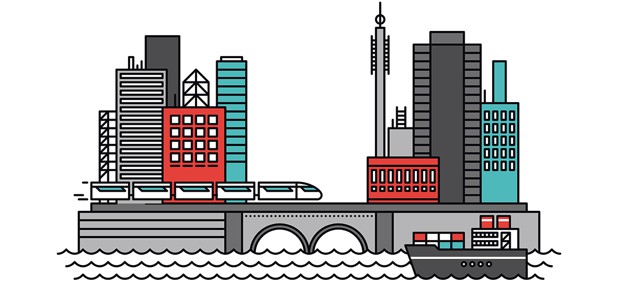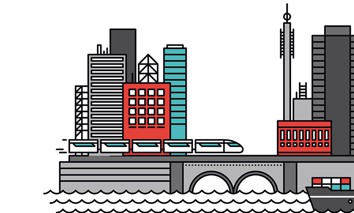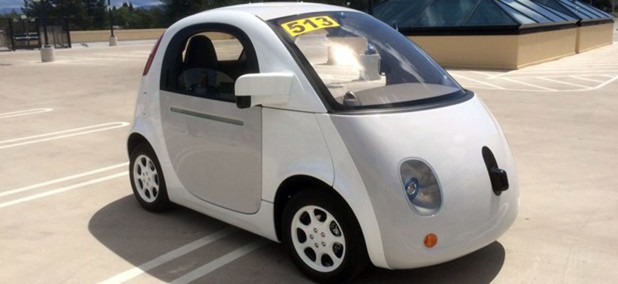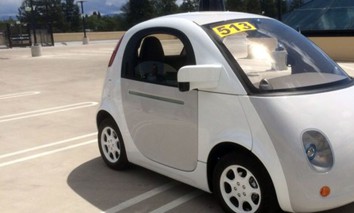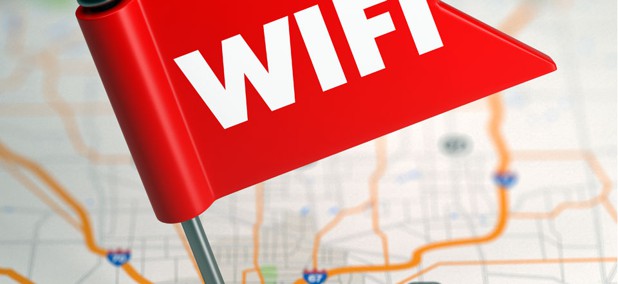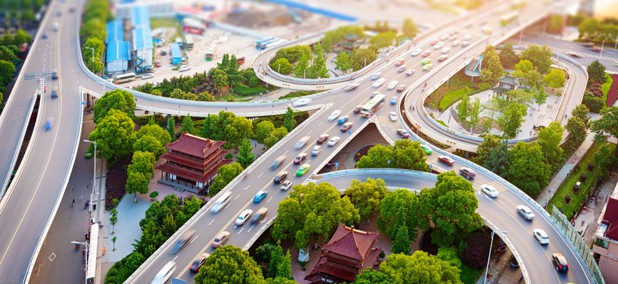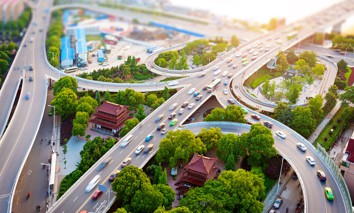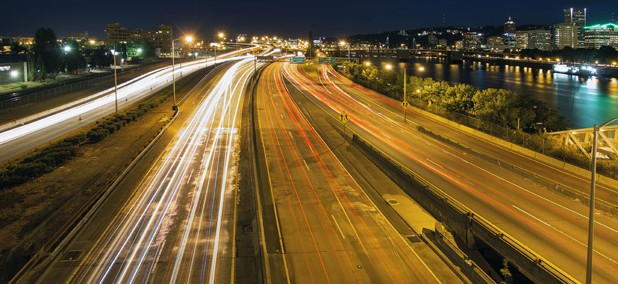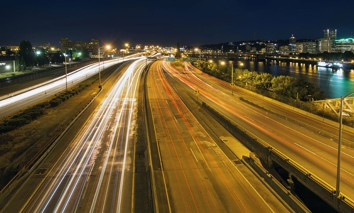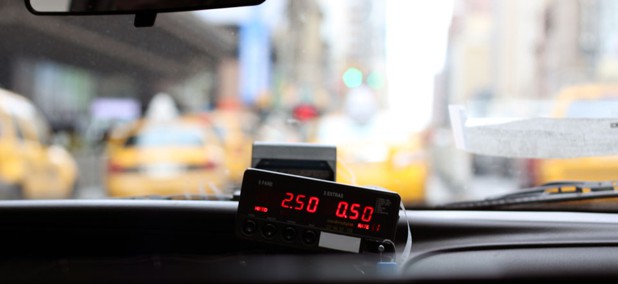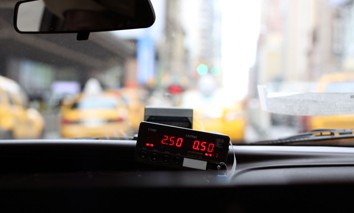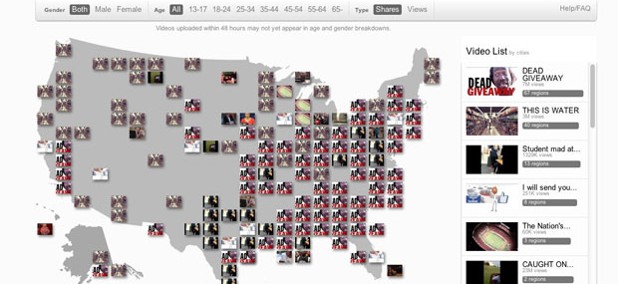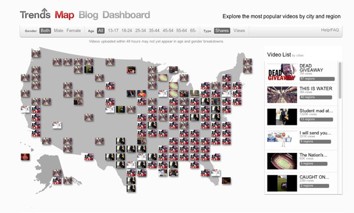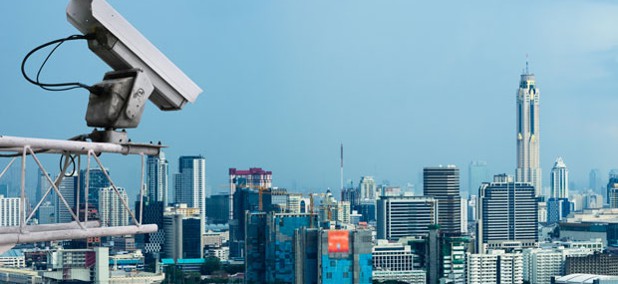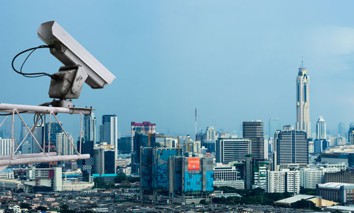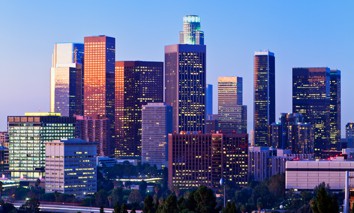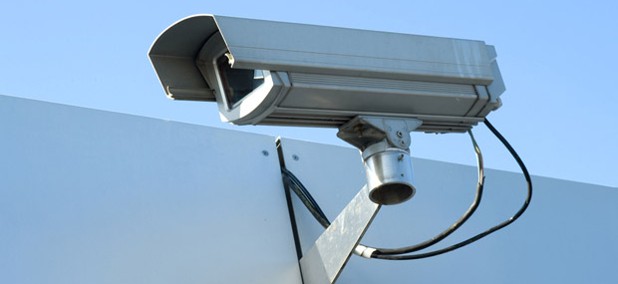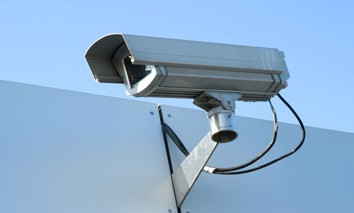Author Archive
Eric Jaffe
Emerging Tech
DOT’s Smart City Challenge Aims to Jump Start Driverless Cars in US Cities
The discussion that’s been delayed for too long.
- By Eric Jaffe, CityLab
Digital Government
How the Computer Revolution Changed US Cities
After 1980, metros with an “abstract” labor base thrived, while those without one didn’t.
- By Eric Jaffe, CityLab
Emerging Tech
Google's New Self-Driving Car Is About to Hit the Streets
Here’s everything you need to know about Prototype.
- By Eric Jaffe, CityLab
Modernization
The Internet of Things Could Turn Your City Into One Big Wi-Fi Hotspot
Veniam aims to connect urban vehicles to an "Internet of moving things."
- By Eric Jaffe, CityLab
Digital Government
What Congress Should Be Talking About When It Talks About a National Transportation Plan
There's a worthy federal infrastructure program staring America right in the face: broadband.
- By Eric Jaffe, CityLab
Digital Government
How Twitter Could Help Police Departments Predict Crime
Public Twitter data improved the predictions in metropolitan Chicago compared to historical comparisons, study finds.
- By Eric Jaffe
Emerging Tech
How Driverless Cars Could Save the Government Lots and Lots of Money
In an autonomous world, many long-delayed improvements will be rendered obsolete.
- By Eric Jaffe, CityLab
Emerging Tech
Meet the Next-Generation Bus
Imagine: instead of stopping for gas, a bus that could recharge while at a red light.
- By Eric Jaffe, CityLab
Emerging Tech
Old Payphones as Electric Car Charging Stations?
New York City official calls it 'a great idea we should absolutely entertain.'
- By Eric Jaffe, CityLab
Emerging Tech
Why We Should Build a National Internet System Under the National Highway System
The connectivity of the entire United States is still lacking.
- By Eric Jaffe, CityLab
Emerging Tech
The Billion-Dollar Technology That May or May Not Prevent the Next Big Train Crash
Positive Train Control is coming to a railroad near you — but perhaps not as soon as the government wants.
- By Eric Jaffe, CityLab
Featured eBooks
Digital Government
When Urban Security Cameras Actually Save Lives
Report says cameras in taxi cabs help curb driver homicides.
- By Eric Jaffe, CityLab
Digital Government
This Month's Other Crucial Privacy Debate: The Rocky Future of Arrestee DNA Collection
The ruling is poised to have broad legal implications, since 28 states have a similar law that permits DNA collection upon arrest.
- By Eric Jaffe, CityLab
Digital Government
Why We Shouldn't Rely on Smart Growth Incentives to Fix Sprawl
Study shows smart growth is encouraged by the incentives rather than coerced by new laws.
- By Eric Jaffe, CityLab
Digital Government
What's Your City Watching on YouTube?
The Trends Map displays viewing and sharing behavior among registered users on the YouTube Dashboard within the past 12-to-24 hours.
- By Eric Jaffe, CityLab
Digital Government
Surveillance Tech Fills a Void for Cash-Strapped Cities
Municipal police forces are shrinking.
- By Eric Jaffe, CityLab
Emerging Tech
Why Driverless Cars Are 'Probably' Legal
A recent legal paper makes the case that existing laws don't prohibit automated vehicles.
- By Eric Jaffe, CityLab
Digital Government
Open Data Has Been a Boon for City Governments
Where code enforcement goes high tech, lost revenue is recouped.
- By Eric Jaffe, CityLab
Modernization
Seeing the train as a 'mobile office'
A new report argues that travel by train could be the most productive.
- By Eric Jaffe, CityLab
Emerging Tech
Surveillance cameras could make us better people
A Dutch research team hopes that surveillance cameras could reverse the "bystander effect."
- By Eric Jaffe, CityLab

